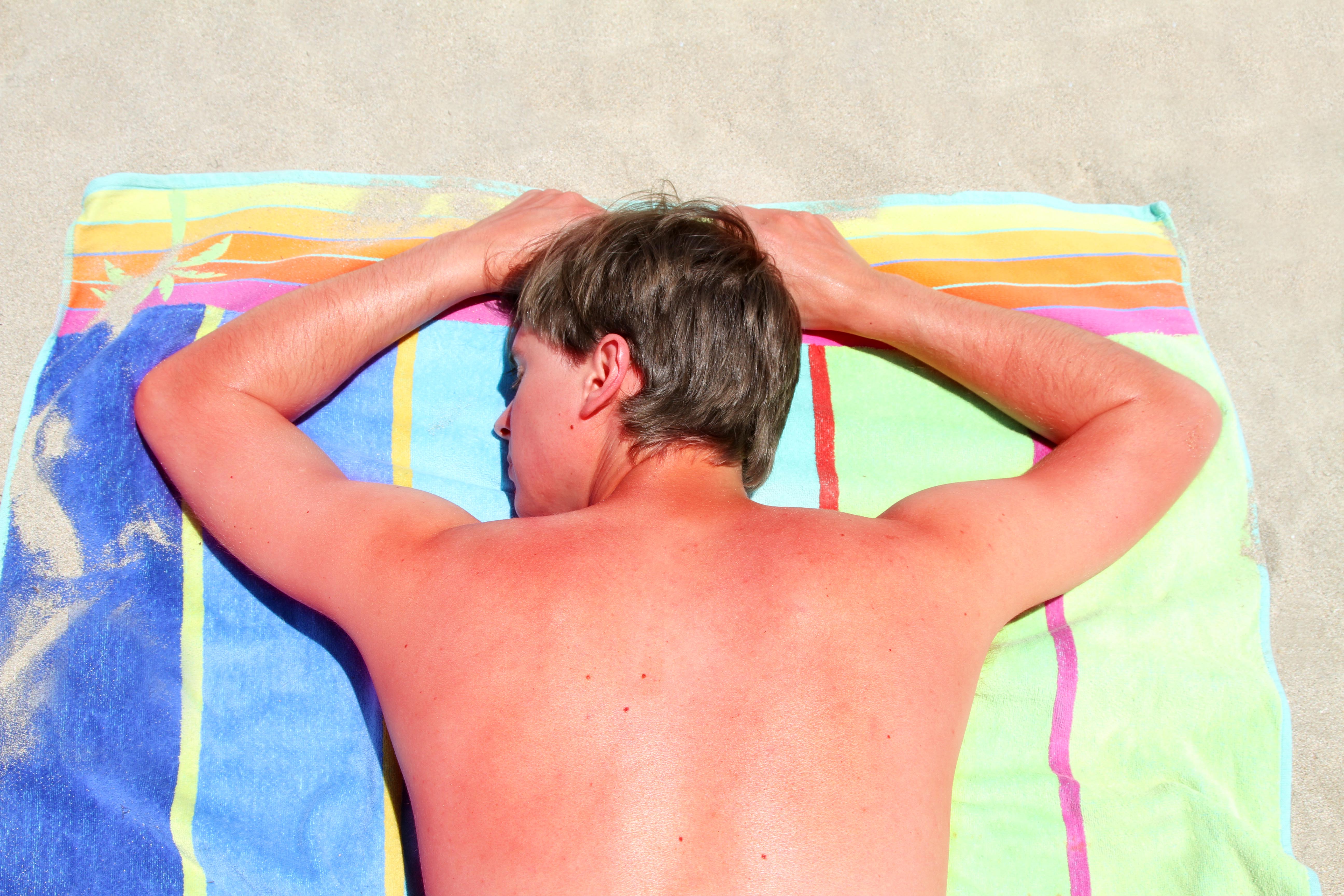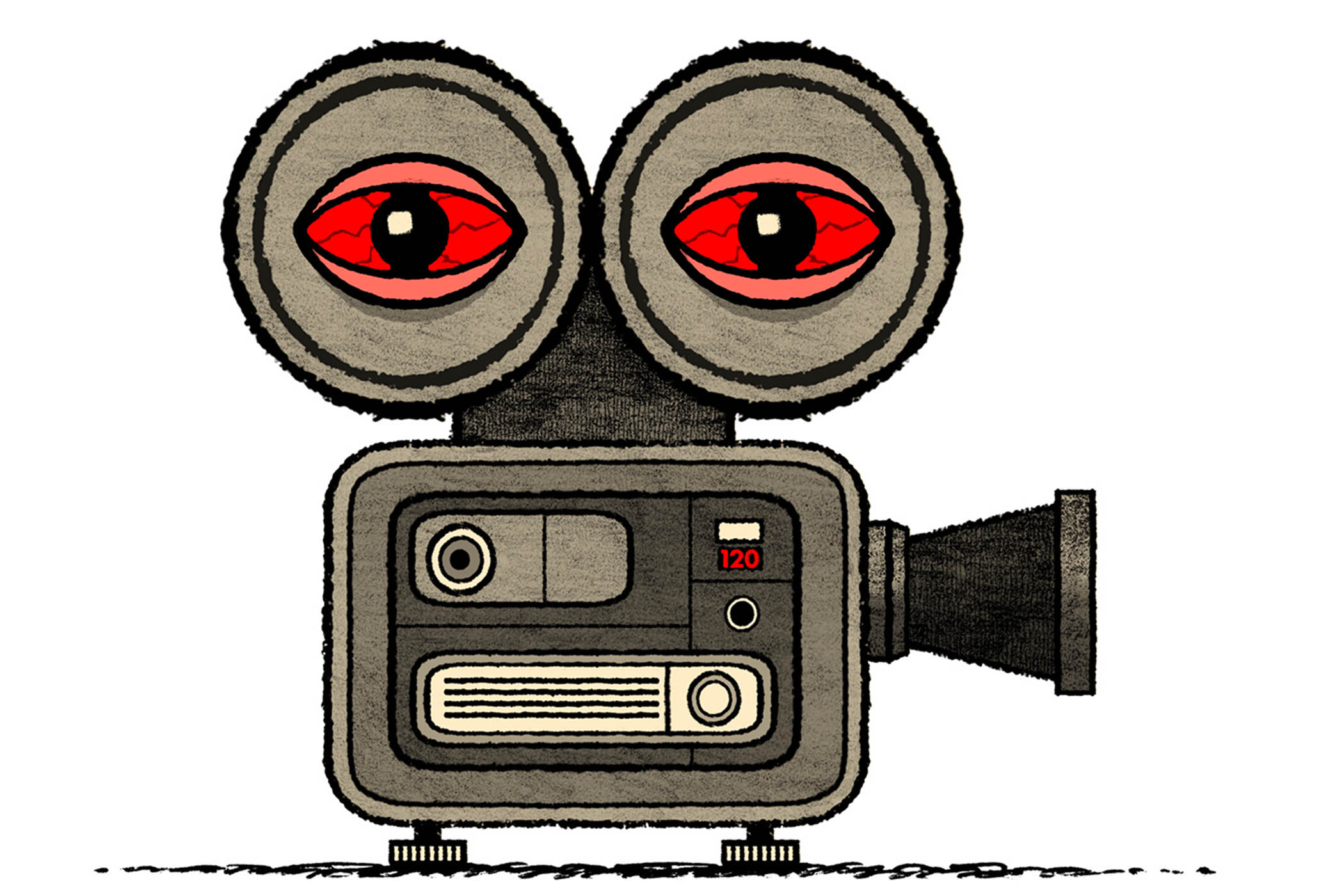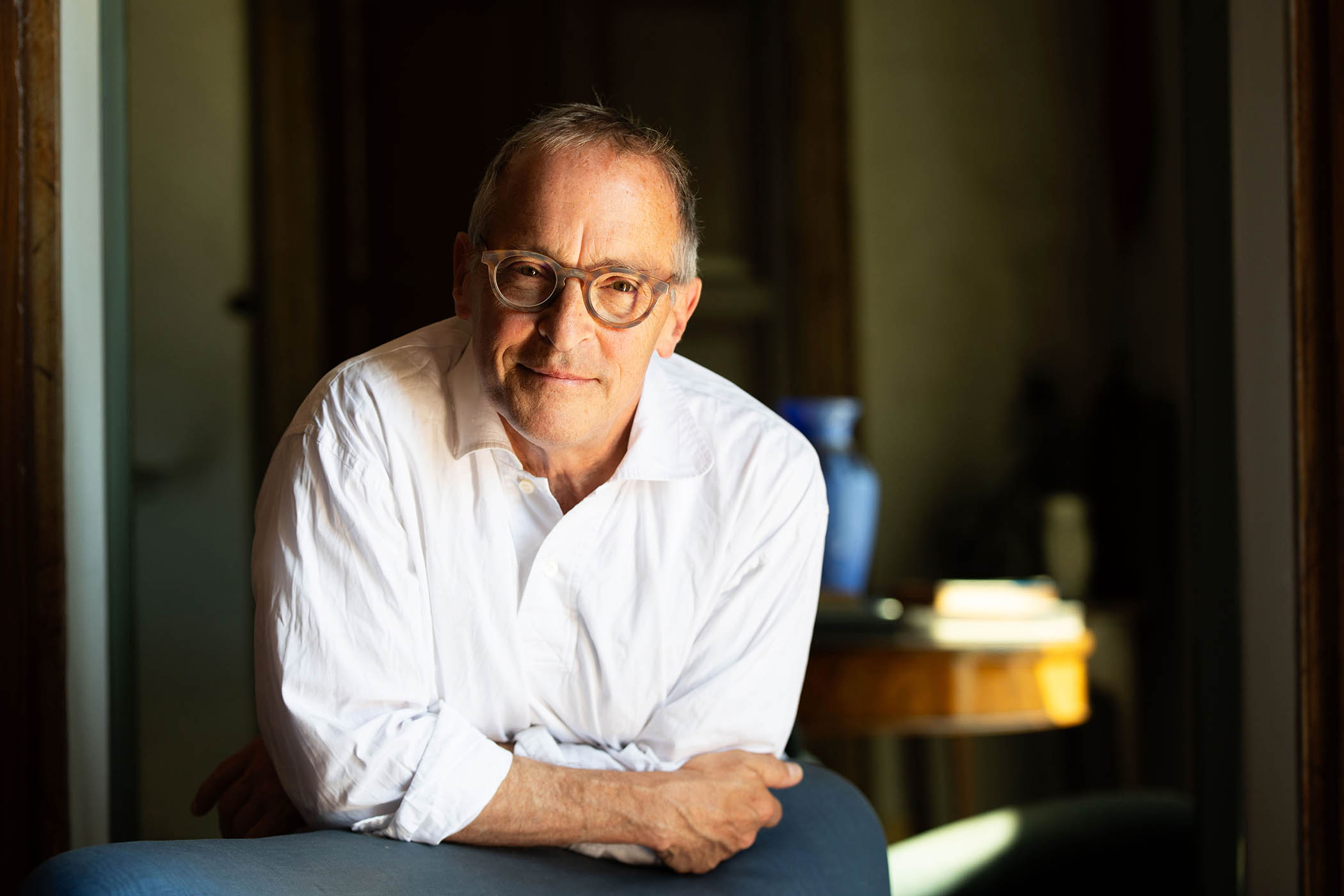My children are being patient. My three-year-old daughter asks, with touching empathy, if my “sunbird” is feeling better. This gesture is mildly undercut by her insistence on patting my back and shoulders while she does so, causing me to wince. “Sorry Daddy,” she says, without ceasing the drumming of her tiny, pain-delivering hands.
My skin’s lack of resistance to the sun might not surprise anyone who’s seen a photograph of me. Even among Irishmen, I am one of God’s paler creatures. I get freckles if I open my phone too quickly in a darkened room so, yes, I burn easily. I do not, however, burn frequently. This is because a lifetime spent aware of the sun’s evil damage has made me reflexively wary of direct sunlight and I’ve managed to go most of my life without ever getting burned at all. The one major exception was a month spent in America when I was a teen, where my steady and judicious applications of sun cream – calibrated to the burning glare of the only summers I’d previously encountered, in Derry and Donegal – proved no match for the swamp heat of the Southern US. I ended up getting burned so bad that I contracted something that one kindly local described as “sun poison”. This caused my back to crisp like barbecue meat, rendering sleep impossible and eventually resulting in several layers of my skin being removed, some days later, in one big go like a pirate’s tattered treasure map.
Ever since then, I’ve treated the sun with the fearful contempt it deserves. It is my enemy. It gives me a vertiginous horror to reckon with the fact that an object 93m miles away is keeping us all alive. A star so far away that its light takes eight minutes and 20 seconds to reach us, but were we to look at it directly, even for just two minutes, we’d go permanently blind. It makes me feel crazy that we all know this, but never think about it, because we are told – once, in childhood, and then, briefly during eclipses – not to look at it and, therefore, no one does.
All of which is to serve as context for the tragedy that befell me once we returned from Bordeaux, where I’d failed to top up my protection enough times during an all-day visit to a water park and discovered, some days later, that the skin covering my shoulders was suddenly two sizes too small.
Everyone who looked at my back for a few days afterward said some combination of “Oh Jesus!” or “Bloody hell” and immediately moved in for a closer look. Shortly after that, it looked so gnarly I was showing no one. The tightness became a very sharp and consistent itch. That itch swiftly became terrible pain and then scalding agony. It was as if thousands of electrified toothbrush bristles were being set on fire and mopped across my back and shoulders, every second of the day. By the time we’d returned to London, stretching had become impractical and sleep all but impossible.
I appeared to have contracted the only type of sunburn that aloe vera actively makes worse
I appeared to have contracted the only type of sunburn that aloe vera actively makes worse
I went to the chemist to buy aloe vera and settled on the tube that was largest and most reassuringly expensive. It bore the legend “Soothes Sunburn” in big lettering across its front so, as a literal sort of person, I expected it would help. This was, it would turn out, a grave folly on my part, as I appeared to have contracted the only type of sunburn that aloe vera actively makes worse. As my wife slathered it on, I was very quickly in excruciating pain, experiencing a deep, petrol burn across the affected area. I bore this at first, hoping it was just like the pleasing sting one gets from antiseptic spray – a pain that means the thing’s working. After five minutes, during which time the pain had steadily increased, I could take it no longer and jumped into a cold shower, producing a steady stream of distinctly manly yelps and sobs.
Through all of this, I’ll admit, I was not a particularly dignified patient. One sad fact about sunburn is that it repels sympathy. There’s something inescapably childish about being sunburned, like trapping your head in a bucket, or getting your tongue stuck to an ice cube. The horror is that you can rarely blame anyone but yourself. Believe me, I have tried. I made a pretty good fist of putting responsibility on the sun itself and then on the French as a nation for positioning their country at such a perilous angle toward it. Quietly, I wondered if I could blame my parents, since neither of them were forced to mate with someone as pale as they were, thus consigning me to a lifetime of genetic pallor.
None of this sticks, so I resign myself to the pain and take heart in the one side benefit in all of this. My own pale children have always disliked the rigmarole of applying sun cream, resisting its greasy slickness with great distaste. Not so any more. One look at my irradiated shoulders and a week spent in my whingeing company, has made them radical converts to SPF zealotry.
I now have to stop them from putting it on at night, telling them such precious nectar must not be wasted. Our enemy, I tell their small, translucent forms each evening in the manner of a bedtime ghost story, is out there. “It’s 93m miles away”, I whisper, “but it’s waiting to burn and blind us all. Sweet dreams.”
Photograph: Getty Images
Newsletters
Choose the newsletters you want to receive
View more
For information about how The Observer protects your data, read our Privacy Policy


